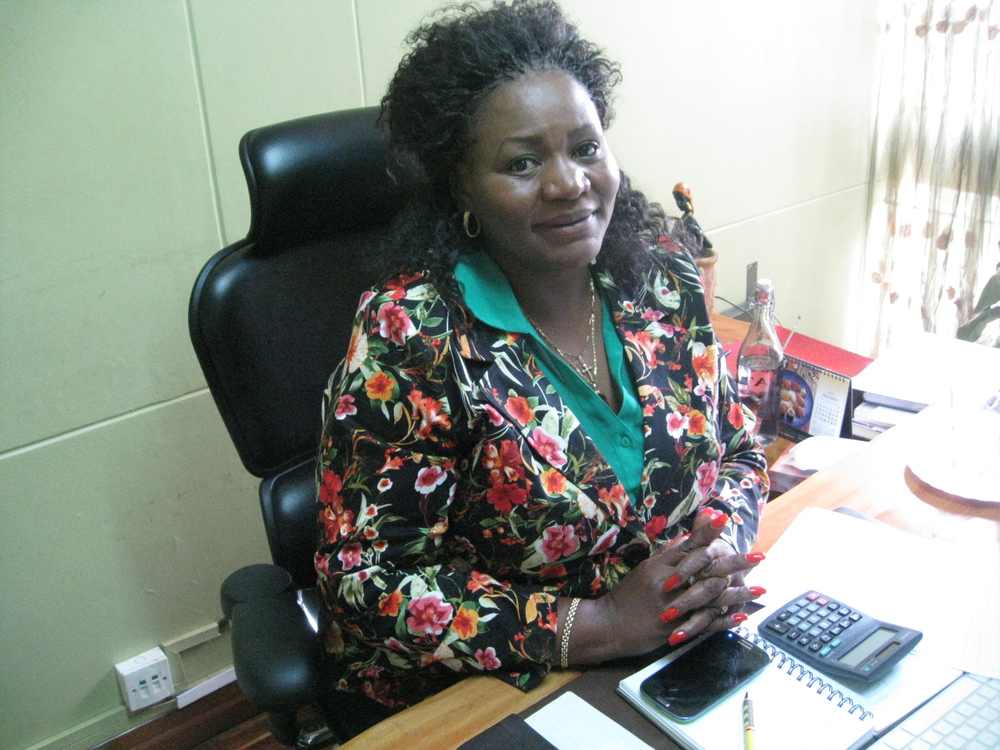Episode 50: Starting a business
/October 20, 2014
“Stepping outside of your comfort zone is really, really hard…I did not want to raise venture capital at all. But I did want to have a big successful business. And I got to the place where I realized I’m going to have to go pitch all those guys in suits.” - Julia Pimsleur
"One of these days Mark Zuckerberg is going to hit me, but I believe that if I grew up in a household where I was told to do what I was good at and go after my talents, I would have created Facebook or something even better than that.” - Denise Barreto
24 minutes.
Female entrepreneurship is rising fast. In the US, a third of businesses are now owned by women. But look a bit deeper and you find nearly all these businesses are 'solopreneurships' - they don't have any employees and they don't bring in much money. This is sometimes by design, but not always: many women are unprepared for the inequities that still exist in entrepreneurship.  Julia Pimsleur
Julia Pimsleur
In this show we meet two ambitious entrepreneurs who want to grow their companies: Julia Pimsleur and Denise Barreto. They have advice about how to survive in the male-dominated world of fundraising, why hiring other people is a must even when you can barely afford it, and how passion for your work isn't all it's cracked up to be.
 Denise Barreto
Denise Barreto
Further reading:
Julia Pimsleur is CEO of Little Pim. She has also founded Double Digit Academy, which holds regular training sessions for women who want to raise money for their companies.

